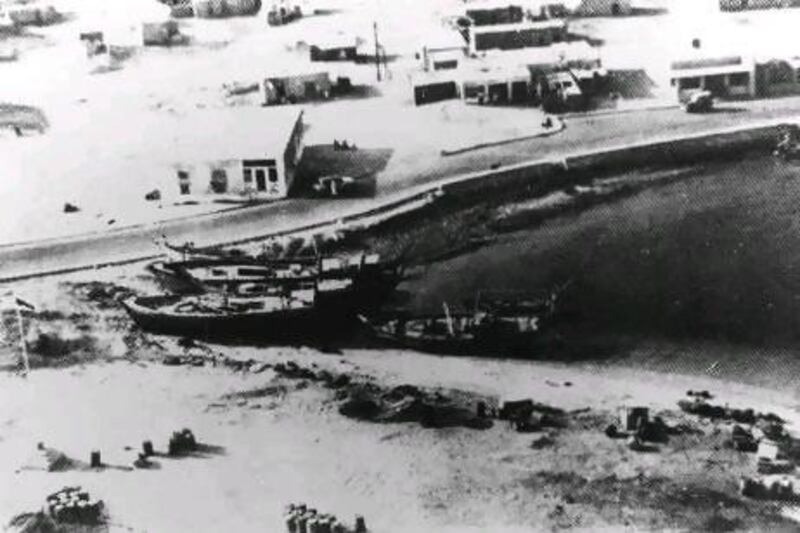The United States yesterday stepped into the dispute over the islands of Abu Musa and the Greater and Lesser Tunbs, with support for the UAE and a call for Iran to accept arbitration.
The State Department said it "appreciates the UAE's efforts in this regard and urges Iran to respond positively to the UAE's initiative to resolve the issue through direct negotiations, the International Court of Justice or another appropriate international forum".
The controversial and provocative visit to Abu Musa on April 11 by the Iranian president Mahmoud Ahmadinejad "only complicates efforts to settle the issue", Washington said.
The Arab Group of the United Nations also condemned the visit in a letter to Ban Ki-moon, the UN secretary general.
The letter, written on behalf of the group by Ahmed Abdul Rahman Al Jaramain, the UAE's permanent representative to the UN, called the visit a flagrant violation of the principles of UN Charter and norms of international law.
The group, which comprises Arab member states of the UN, also called for resolution of the dispute through direct negotiations or through the International Court of Justice.
The new support for the UAE's position follows a meeting of Gulf-state foreign ministers in Qatar on Tuesday, when the Gulf Cooperation Council said that any interference in the internal affairs of one country "is viewed as an encroachment against all of the council's member states".
The council called Mr Ahmadinejad's visit a "provocative act and a blatant violation of the sovereignty of the United Arab Emirates over its three islands.
"It is a move that runs counter to the neighbourly policy that the GCC states embrace in dealing with Iran, while it also goes against the peaceful efforts that the GCC states have always advocated in order to find a solution to the occupation of the three islands."
Mr Ahmadinejad gave warning on Tuesday that Iran would respond with force to any threats to its territorial integrity.
A statement signed by 225 Iranian members of parliament yesterday said Mr Ahmadinejad's visit to Abu Musa was "an internal affair of Iran and took place as part of his provincial visits", according to Iran's state news channel.
The MPs also called the UAE's protests "open interference in Iran's internal affairs" and said the UAE's claims to the islands had no historical basis. The statement said Iran's territorial integrity and jurisdiction over the islands were unquestionable, but Iran welcomed direct talks with the UAE Government to boost bilateral ties and eliminate possible misunderstandings.
In other developments, the Iranian cabinet voted to turn Abu Musa into a "model tourist resort", according to the semi-official Mehr News Agency.
Seyyed Hassan Mousavi, the director of Iran's cultural heritage, tourism and handicrafts organisation, said the island was one of the most beautiful in the Gulf and would "attract lots of Iranian and foreign tourists".
Abu Musa and the Tunbs are close to the strategically important shipping lanes of the Strait of Hormuz. The roots of the dispute originate with the formation of the UAE.
On the nights of November 30 and December 1, 1971, Iranian troops forcibly took control of the islands, overwhelming the small unit of Ras Al Khaimah police officers stationed on Greater Tunb.
The Ruler of Sharjah, under heavy pressure from the United Kingdom, agreed to sign a memorandum of understanding with Iran to share Abu Musa, without agreeing to any relinquishment of sovereignty.
According to the UN, Iran has continually been in breach of the terms of the memorandum by building military installations, placing military equipment on the island and moving in settlers.
The islands were once part of the Arab-ruled Kingdom of Hormuz and have been part of the dominions of the Al Qasimi family - rulers of Sharjah and Ras Al Khaimah - for more than 250 years. This control pre-dated the emergence of the most recent dynasty of Shahs. Iran did not make a claim to Abu Musa and the Tunbs until 1903.
* Additional reporting by Peter Hellyer and Wam






